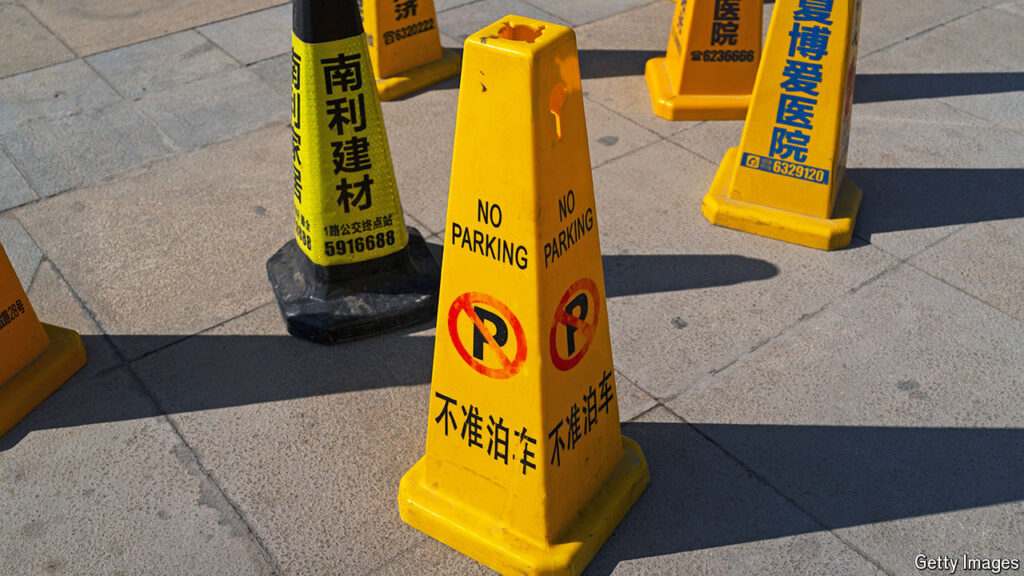Ma Yijiayi, a contractor in Liupanshui, Guizhou, found herself in trouble in November for a seemingly innocent reason – she asked a debtor to pay back what they owed her. The local government in Liupanshui owed her a staggering 220 million yuan for building schools, but instead of receiving the full amount, they offered her a mere 12 million yuan. Refusing to accept this unfair deal, Ma Yijiayi was locked up for daring to demand what was rightfully hers.
This case is just one example of Chinese citizens and business owners falling victim to the unscrupulous tactics employed by local governments to bolster their finances. A recent investigation in Hebei province revealed that almost all traffic fines issued by police officers last year were based on false claims. In a nearby region, truck drivers have accused officials of unfairly penalizing them for carrying overweight loads. Additionally, inflated parking fees and stricter regulations on restaurants have become sources of revenue for municipalities looking to fill their coffers.
The issue of government corruption and financial mismanagement is not unique to Liupanshui or Guizhou province. Across China, stories of local officials abusing their power and extorting money from citizens are all too common. These actions not only harm individuals like Ma Yijiayi, but also erode public trust in the government and undermine the rule of law.
In recent years, Chinese President Xi Jinping has made combating corruption a central focus of his administration. The ongoing crackdown on graft and bribery has ensnared high-ranking officials and wealthy businessmen alike, sending a clear message that corruption will not be tolerated. However, the problem persists at the local level, where officials often operate with impunity and exploit their positions for personal gain.
The case of Ma Yijiayi sheds light on the challenges facing ordinary Chinese citizens who dare to challenge the status quo and demand accountability from their government. In a country where dissent is often met with harsh reprisals, her courage in standing up to local officials is both commendable and risky. It also highlights the broader issue of transparency and accountability in China’s governance, which continues to be a major concern for those seeking justice and fairness.
As the Chinese government grapples with the dual challenges of economic development and political stability, the issue of corruption at all levels of society remains a thorn in its side. While progress has been made in combating graft at the highest levels, the systemic issues that allow corruption to flourish at the local level must also be addressed. Only then can ordinary citizens like Ma Yijiayi feel confident that they will be treated fairly and justly by those in power.
In conclusion, the case of Ma Yijiayi serves as a stark reminder of the challenges facing Chinese citizens who dare to demand accountability from their government. It is a cautionary tale of the dangers of standing up to entrenched power and the risks of challenging corruption in a system that often rewards it. As China continues to grapple with issues of governance, transparency, and accountability, the story of Ma Yijiayi should serve as a rallying cry for those who seek justice and fairness in a society where these values are often in short supply.



